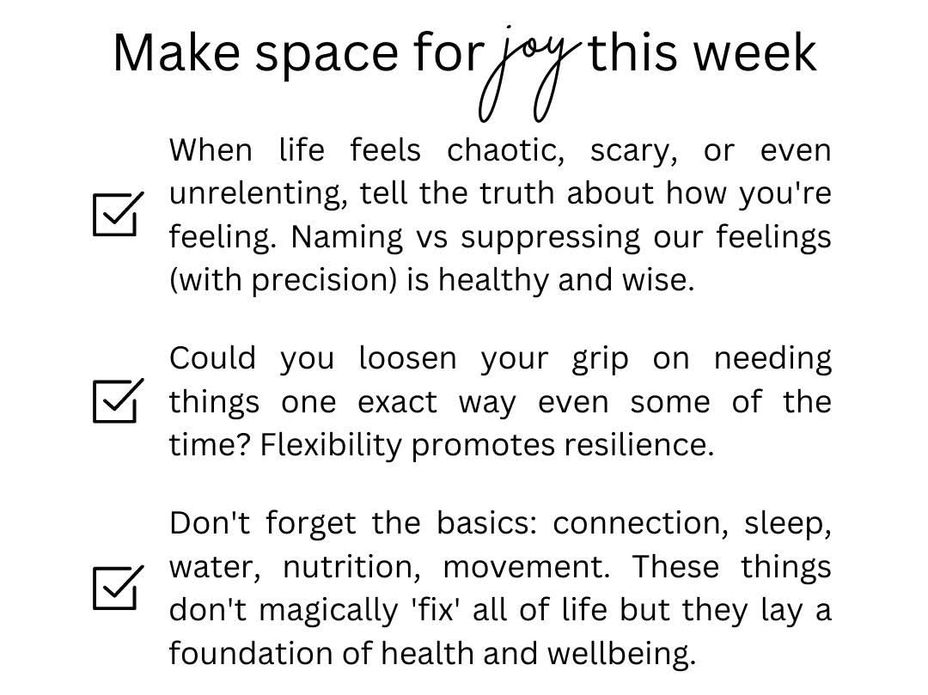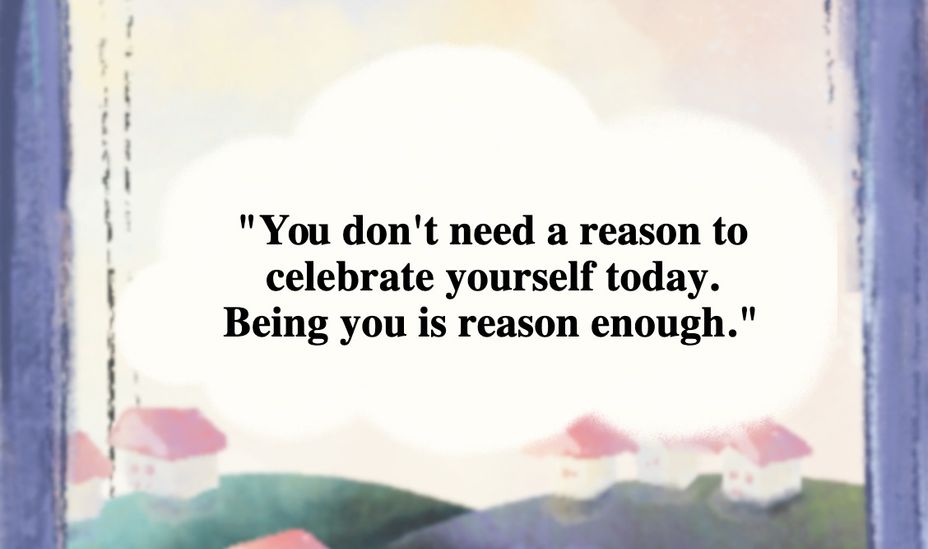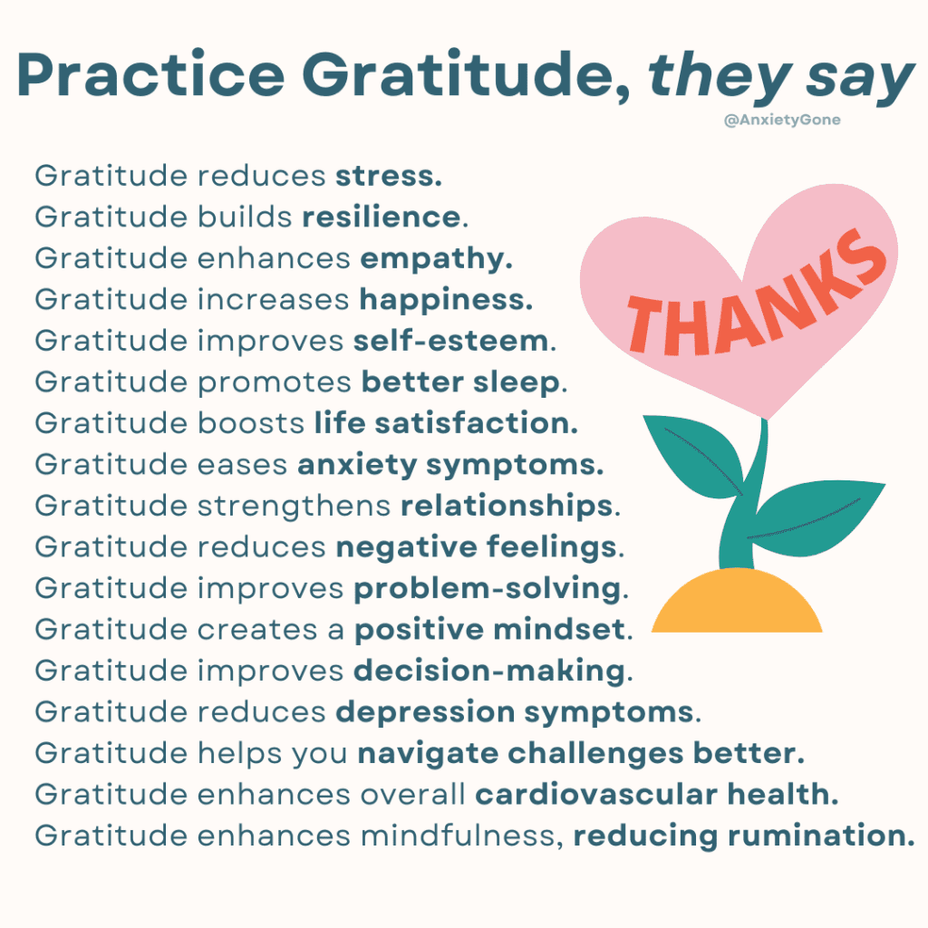I'm new here!
Hi, my name is nic_bridgetoalchemy. I'm here because of my own chronic illnesses, but also due to having just started my own business as an Integrative Health Coach. Now when I'm learning about resources and support, it is for me and my clients! Looking forward to learning alongside this wonderful community.
#MightyTogether #PTSD #Grief #EDS #POTS #MastCellActivationDisorder #ChronicFatigue #SjogrensSyndrome





